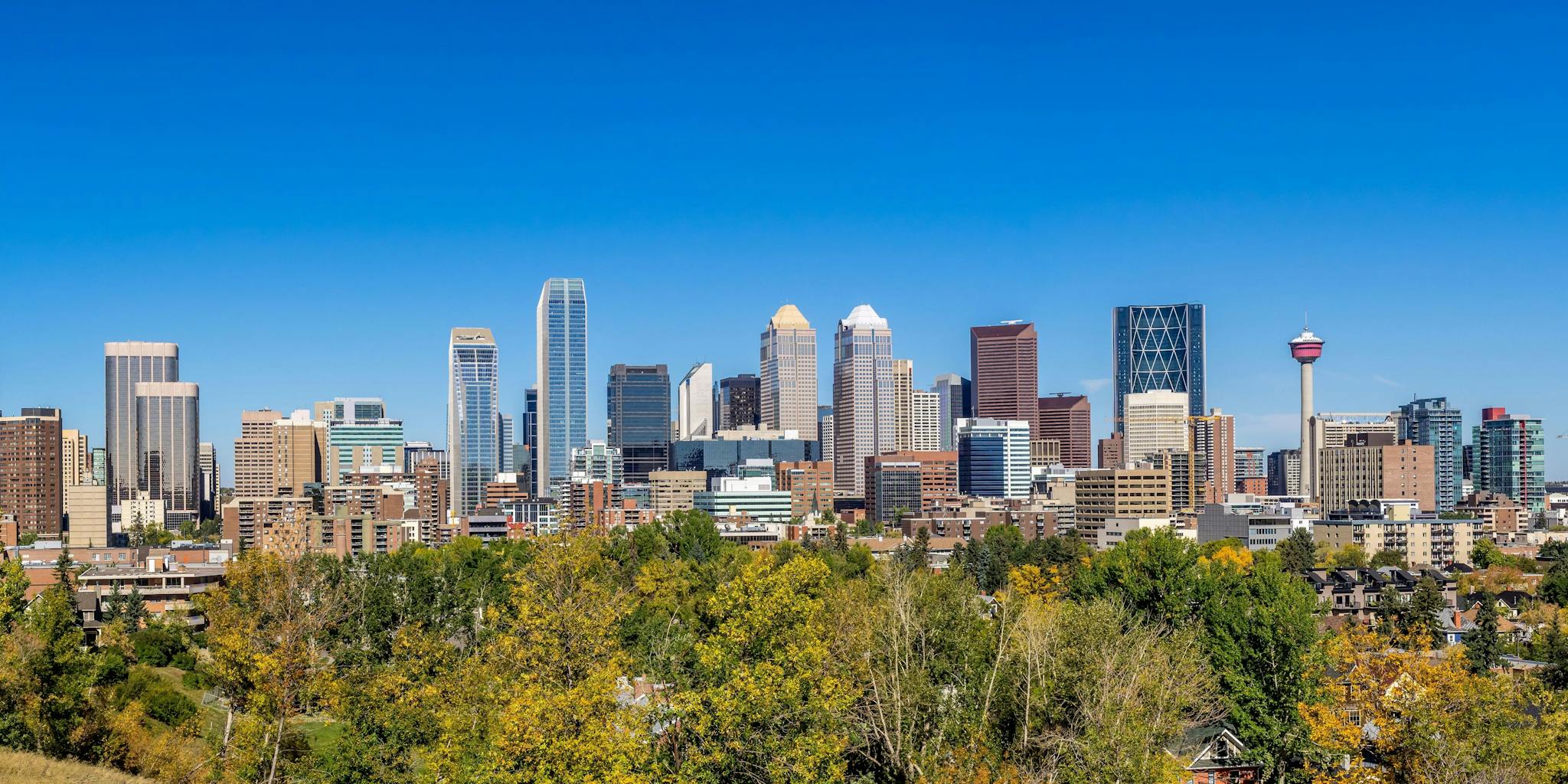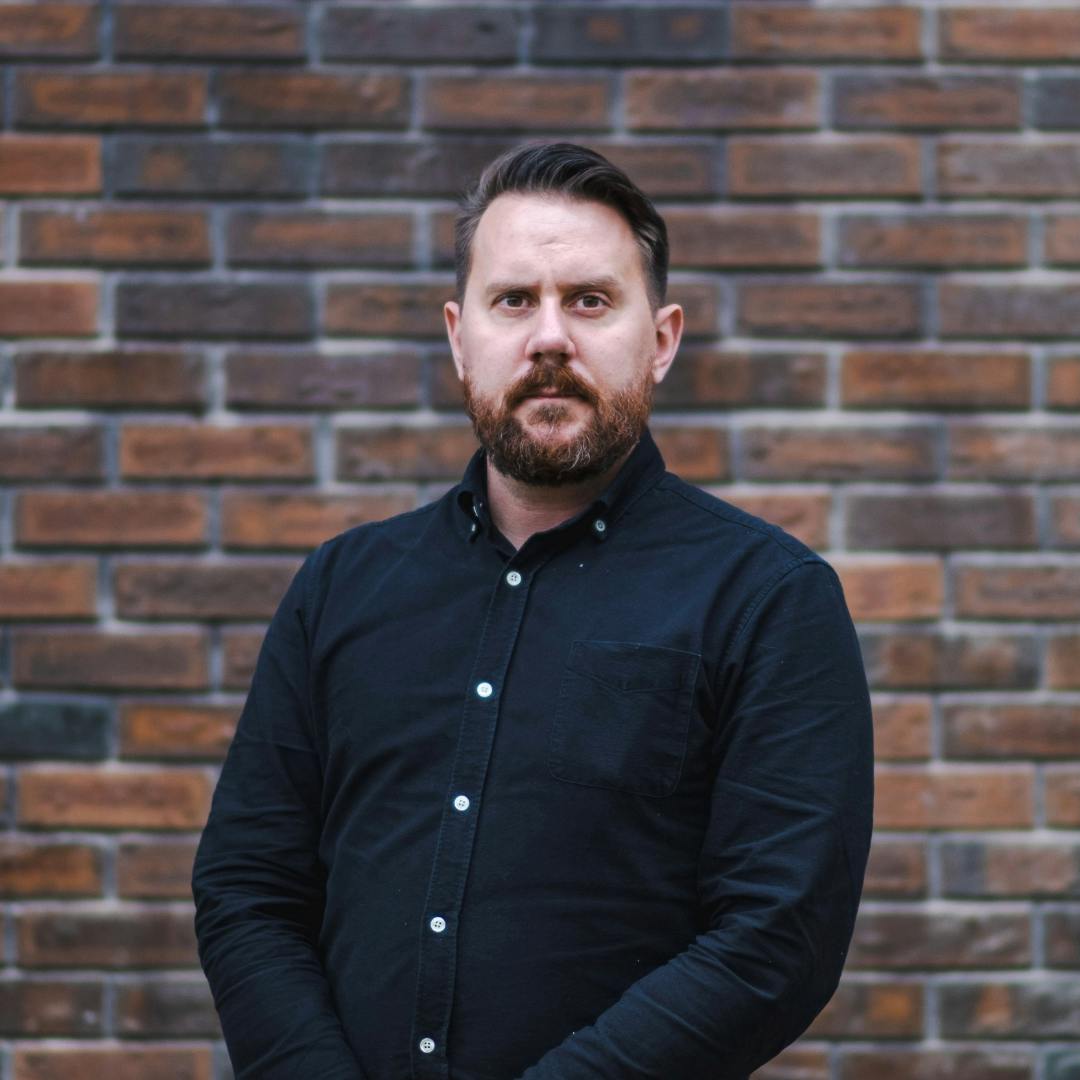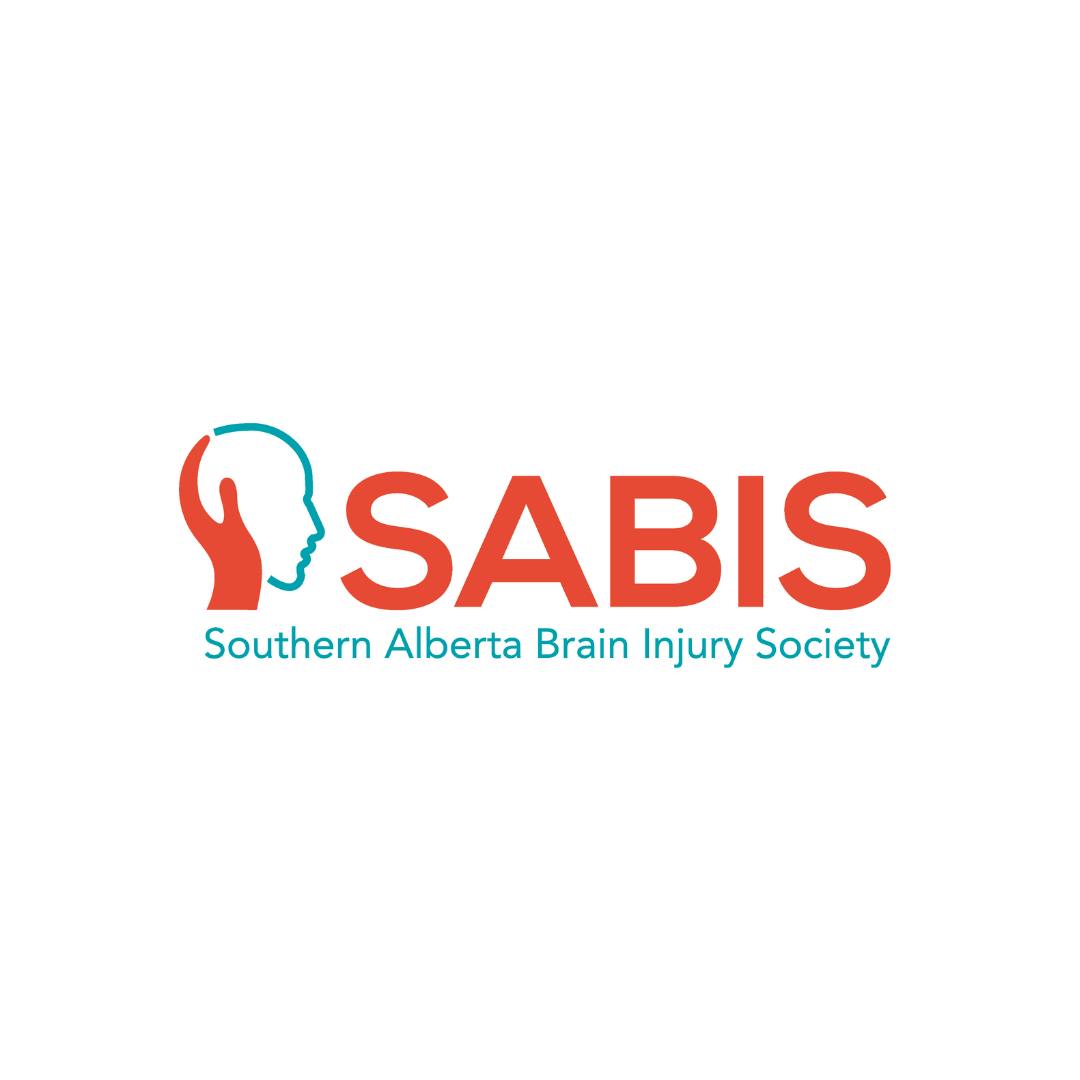The Southern Alberta Brain Injury Society (SABIS) is a new Champion of Enough for All. Executive Director Shane Rempel reflects on the connection between acquired brain injuries and Enough for All.
The expression “new normal” gets tossed around a lot these days. Normal is often thought of as being a sort of stasis where things are somewhat balanced, serving as a baseline for what is considered comfortable or at least acceptable in the world. When that gets disrupted and thrown out of balance, we often scramble to make sense of it and find meaning. We may also begin to think about how it impacts our lives, moving forward.
This level of disruption often creates a line between life before and life after a particular event or experience. Most of us can relate to the concept of before times and after times, in the context of our experience with the COVID-19 pandemic. The pandemic has adjusted the way we live. Some of those adjustments are temporary, but some may stick around much longer.
For brain injury survivors the line between before and after is drawn quite suddenly. There is no easing in or opportunity for an adjustment period. Reality quickly takes on a new form.
The effects of brain injury can be profound, and the nature of challenges or changes to life are different from person to person. There is very little in the way of instruction or guidance on how to adjust, and oftentimes the focus must be placed on simply surviving.
Brain injuries can have a severe and negative impact on life. Continuing to work or pursuing a career is commonly an area that brain injury survivors find challenging. Among the number of challenges they concurrently face, these changes can propel someone into a state of financial instability, and, in some cases, poverty.
Brain injuries are often invisible and it’s important to remember that as a community we need to support all people, even those who have challenges we can’t see. Being an inclusive community requires being mindful of everyone’s journey and the barriers people face in everyday life. It’s also important to recognize and acknowledge that anyone can find themselves on a path toward instability in life – whether it be due to a brain injury, a sudden onset of severe illness, or even loss of employment due to a global pandemic.
SABIS exists to help brain injury survivors not only survive but thrive in their new normal – the after times. We work to foster independence and help individuals connect to the supports they need. This work is not done in a vacuum. I’m constantly reminded of how essential it is to have a strong community that helps people navigate new, unexpected, and often uncertain landscapes. It’s really about creating a community that is accessible for all.





